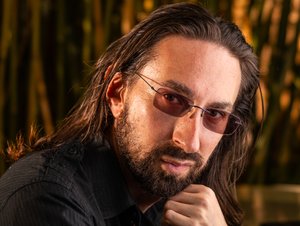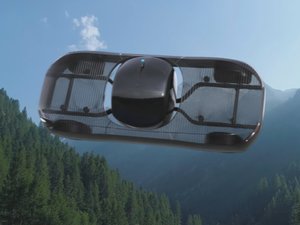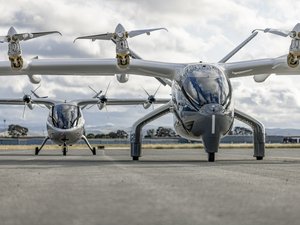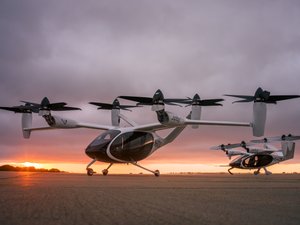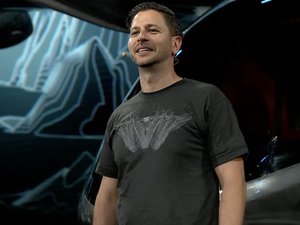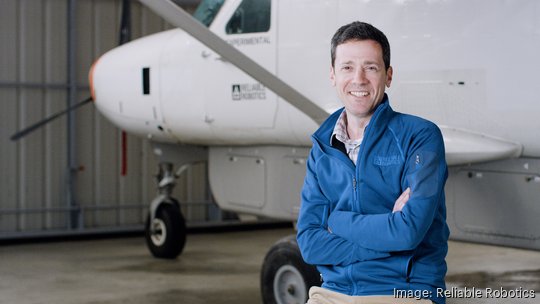
A Mountain View startup is aiming to do what no other company has done before: Get regulatory approval to deploy traditional airplanes that fly completely autonomously, from takeoff to landing, with no humans on board.
The problem Reliable Robotics Corp. and other startups working on self-flying technology have faced is that the Federal Aviation Administration has no prescribed path to certification for such systems. So Reliable had to come up with its own.
On Thursday, the startup announced some good news: the FAA last month signed-off on a certification plan Reliable designed for its system. The move means Reliable can proceed down the path toward FAA approval that it designed, with the expectation that, if all goes well, its system will be certified for commercial use within the next few years, becoming either the first or among the first of its kind on the market.
Such a development is crucial to helping aviation finally reach its potential, Robert Rose, Reliable's CEO and co-founder, told the Business Journal. Some 120 years after the first flight, there are still relatively few airplanes in the air. If there were 10 or 100 times as many aircraft flying, aviation could be more affordable and convenient for the average person, he said.
"A key part of the way that we get there is with highly automated aircraft," Rose said. "It not only makes aviation safer, but it also makes it a lot easier to move aircraft around."
Reliable isn't starting from scratch. The company, which has raised $134.2 million in venture funding to date, according to PitchBook, has been testing its system both on simulators and, since 2018, on actual planes flying out of its hanger in San Martin, including in a Cessna Caravan 208B. Thus far, the company has recorded 3 million successful automated landings in simulation, according to Rose. He declined to say how many test flights the startup has flown so far with actual airplanes.
To date, all its test flights have had a pilot onboard to observe and override the system if needed. That will continue to be the case under its certification program and after it gets FAA approval for its system. Eventually, though, the company hopes to get the agency's approval to do flights with no humans onboard.
The certification program Reliable has crafted for itself provides a path for it to get approval to retrofit Cessna Caravans with its system and fly them autonomously. As part of the certification program Reliable has crafted for itself, it plans to test its system across the country, Rose said.
Reliable has lots more work ahead
Rose, who helped develop Tesla Inc.'s Autopilot advanced driver assistance system as a senior director at the car maker, didn't offer the Business Journal more details on Reliable's certification program. But he told Aviation Week that it will involve lots more actual and simulated flight tests. The company will also have to validate its simulators and all the hardware that goes into its autonomous flight system, he said.
"It’'s really quite a lot of work," Rose told Aviation Week.
He declined to offer the Business Journal any details on Reliable's expected certification timeline. However, Rose, who formerly served as the director of flight software at Space Exploration Technologies Corp. — better known as Space X — told Aviation Week Reliable anticipates finishing the process in 18 to 24 months. After that, the company eventually plans to seek approval to install its system on other kinds of airplanes, Rose told the Business Journal.
Reliable, whose backers include Eclipse Ventures, Lightspeed Venture Partners and Pathbreaker Ventures, isn't the only company working on such technology. San Francisco-based Xwing Inc. Merlin Labs Inc. of Boston are also working on autonomous flight technologies designed for retrofitting existing airplanes. And, of course, numerous companies are working on drones or multi-rotor aircraft that are designed from the start to fly autonomously.
Rose's startup, which is valued at $550 million, according to PitchBook, has contracts with the U.S. Air Force and NASA to develop and test autonomous flight capabilities and find ways to safely integrate no-crewed aircraft into the nation's airspace. But the company is reportedly exploring several other ways to commercialize its technology once it obtains the FAA's stamp of approval for commercial use.
Reliable is considering licensing its technology to aviation companies so they can adapt it for their planes, Rose told Reuters. Meanwhile, the company is planning to operate its own autonomously piloted cargo carrying service, called Reliable Airlines, Aviation Week reported.
"There's a lot of potential here for cargo and supply chain and being able to ... move goods around the country much more efficiently," Rose told the Business Journal.
Rose was raised to appreciate aircraft and grew up with a love for flying, even getting his pilot's license. His work on automated systems at SpaceX and Tesla inspired him to combine his expertise with such technology with his passion.
"There's a lot more that we could be doing ... to make operations safer, especially for smaller aircraft," Rose said.
